Propel provides innovative insurance solutions to thousands of companies across the country. We make it our business to know your world inside and out.
Insights
Antitrust – Setting the Boundaries of Competition
Striving for consumer acceptance with marketing, mergers, and agreements while accepting established legal boundaries is the foundation of a competition based system.
Consumers benefit from this system with innovation, better care and lower costs, and the Federal Trade Commission enforces these laws to prevent conduct which would limit the market of choice.
At the federal level, the three major goals of this legislation are to stop price fixing, bid rigging, and anti-competitive business practices of any kind including with mergers and acquisitions. The most common violation for healthcare is price fixing, an agreement with competitors regarding payment rates, prices in general, or discount criteria.
As an accepted practice, all businesses keep an eye on their competitors, and this often can make it difficult to assess if cooperating indecorously. What is not allowed is competitors cooperating on prices even in the most subtle of ways: at a business luncheon where discounts or fees are discussed, or contributing non-public data for benchmarking studies to gain an advantage of market share or stagnate the free market.
The best precautionary practice is current awareness, being mindful of what the law requires, avoiding the main pitfalls, and developing a plan. Never agree with a competitor on prices to charge, discount strategy, or future price changes. Most pricing is readily available and this is best left out of direct conversations. There are other acceptable means as secret shopping or perusing websites.
Practice Precaution
Develop guidelines which will:
- Drive the periodic review of avenues of information sharing of competitively sensitive information.
-
Outline code of conduct for personal actions, including political contributions, conflicts of interest or kickbacks of any kind.
-
Assess information sharing arrangements as benchmarking surveys.
-
Outline criteria for professional groups that collect and share non-public data.
-
Evaluate how your company will participate in industry groups and group purchasing activities.
-
Include education for key team members and marketing staff on expectations for interaction at group specific and national association meetings.
The selected resources are:
-
The American Senior Housing Association Special Focus Brief, which has recently been recirculated, gives detailed information on areas of risk for senior housing and how casual practices of information sharing may be seen by any overseer as outside the boundaries.
-
Code of Ethics Policy template which can be personalized outlining areas of actions and unacceptable practices to comply with Section 1 of the Sherman Antitrust Act.


